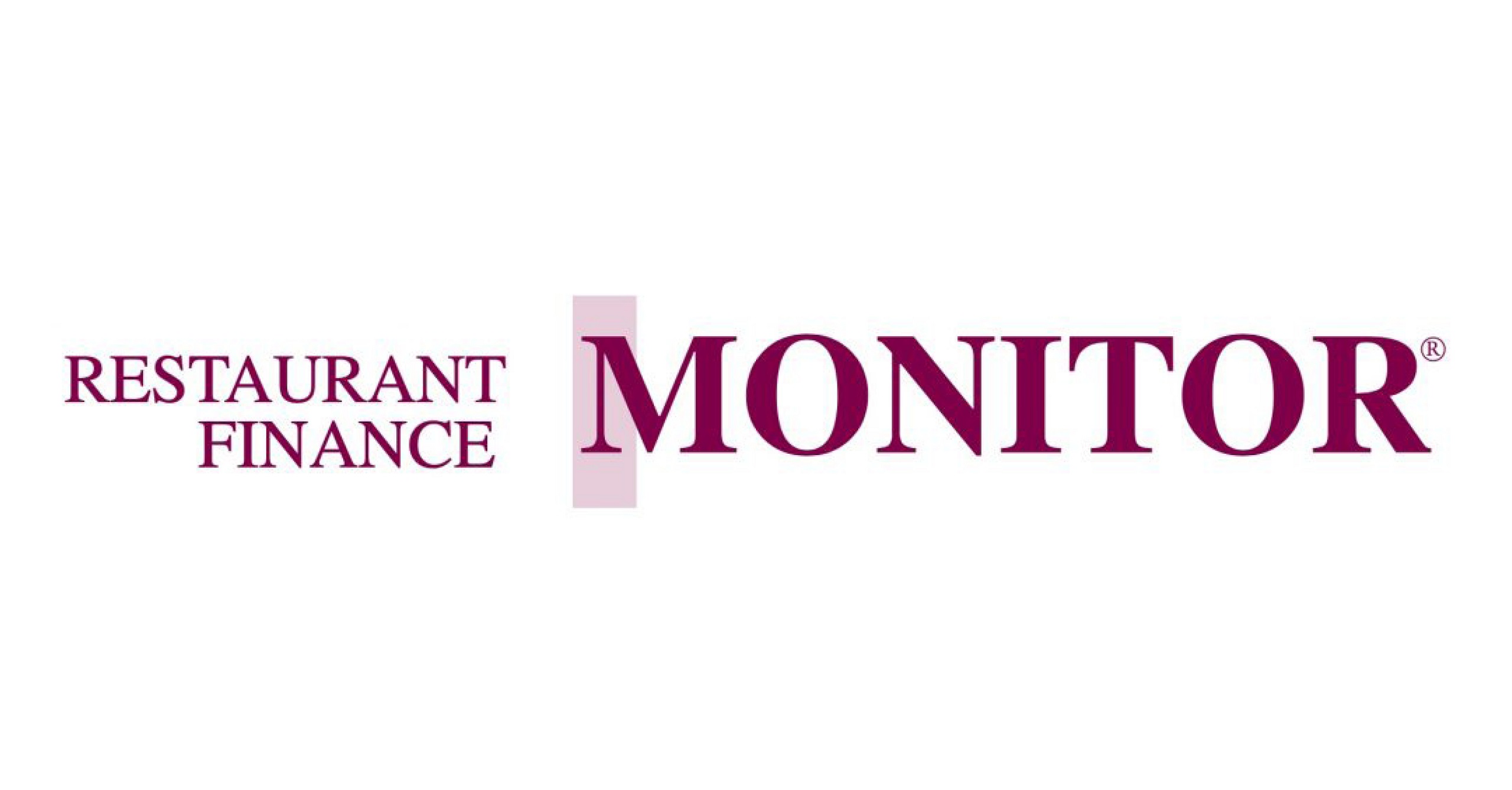Let’s continue a discussion we’ve debated in the Monitor for years: owning versus leasing real estate.
Key Reasons for Owning Real Estate:
1. Flexibility: The benefit of owning real estate, as we saw during the pandemic, is the control that’s important, particularly if sales gopatterns change. If you’re in a long-term lease, it’s hard to get out of a failing site. We had a situation recently where a concept in a high-profile location didn’t work. Fortunately, the operator owned the real estate and was able to convert to a concept that was a better fit for the location.
2. Sale Options in the Future: If you own real estate, you have the future opportunity to recognize its value through a sale/leaseback and use that liquidity for growth capital.
3. Higher Leverage: Real estate ownership usually allows a higher-level of financing, which may help in financing operating assets.
4. Legacy Assets: Real estate can serve as a long-term investment. It provides for income and a return even if the restaurant operations are sold.
5. Tax Saving: Real estate ownership can be a great tax-saving technique with depreciation and the use of cost segregation for a faster write off.
Let’s Talk About Financing
1. The Market for Financing: Banks seem to be receptive to financing real estate in the restaurant industry, or more broadly in the franchise space. In addition, there are lenders who aren’t historically restaurant or franchise lenders, but who understand real estate and are willing to lend on the real estate versus the operational side.
2. How Is It Done? Obviously, first find a piece of real estate to develop. Next, the tricky part is to secure construction lending. The idea is to find interim financing to get the property built, then let the store mature before securing long-term financing. This usually requires some equity. You aren’t going to get full 100% financing using debt, however, you may get to that percentage using a sale/leaseback. There are SBA programs that allow for significant leverage on real estate and particularly for franchise and restaurant lending.
Structure for Ownership of Real Estate
An important step is to structure the real estate in a separate entity. It’s not advisable to place real estate and the operations in the same entity. A couple of reasons why:
1. Tax Reasons: You can charge rent which gives you the opportunity to shift income between more than one tax year. This is a timing difference, but it can be very helpful.
2. Limit Your Liability: If something goes wrong in the operating entity (restaurant), your real estate is protected in the other entity. Think about the lease term you are using between the real estate and operating entities. You don’t want to exaggerate the rent and have significant lease payments. The rent should be at market, in the 6-8% of sales range. If you have a lease that provides for 8% of sales, and your sales are $2 million, then you could reasonably charge $160,000 of rent under triple-net leases where all of the operating expenses for the real estate are paid for by the operating company or the tenant. The value of that property is then determined by the market cap rate, which will vary based on the concept and particularly on the level of sales and overall cost. That means that at a cap rate of 8, the value of the real estate would be $2 million.
Here are some common real estate scenarios:
Scenario 1
The restaurant industry has an ample supply of developers to develop a site for you. Once completed, they can deliver the real estate to you or convert it to a long-term lease. Once it is turned over, you can either own it or do a sale/leaseback and hopefully make some profit.
Scenario 2
You’re completing an acquisition of stores with real estate versus straight development. During the acquisition, allocate a significant amount of the purchase price to the real estate. In some cases, you can get a higher financing percentage because of the value of the real estate assets, or you can do a sale/leaseback, and basically get 100 percent financing and possibly even use some of that financing to pay for the acquisition of operating assets.
Scenario 3
Recently, particularly in the coffee space, there’s been a slew of dual drive-thru concepts that don’t involve a large building, but rather have a big piece of land and highly visible sites. Raw land sites are interesting to finance because you don’t have any cash flow until they’re developed. When your deal involves land, look at local banks that understand real estate and its value in their markets. This may also open the bank to considering an operating loan.
In summary, this may not be the definitive argument for owning the real estate, but whether you own it permanently or in a transition situation, it can certainly be a great asset and a way to effectively finance your business and growth.
From the August 2024 issue of Restaurant Finance Monitor
Author
-

Co-founder and chairman of Monroe Moxness Berg PA, Dennis is a pioneer in corporate financing with a broad network of finance contacts and clients. He assists businesses, from emerging companies to multinational firms, by providing creative ideas, identifying unique financing sources, and developing the financial tools necessary for their growth and development.
